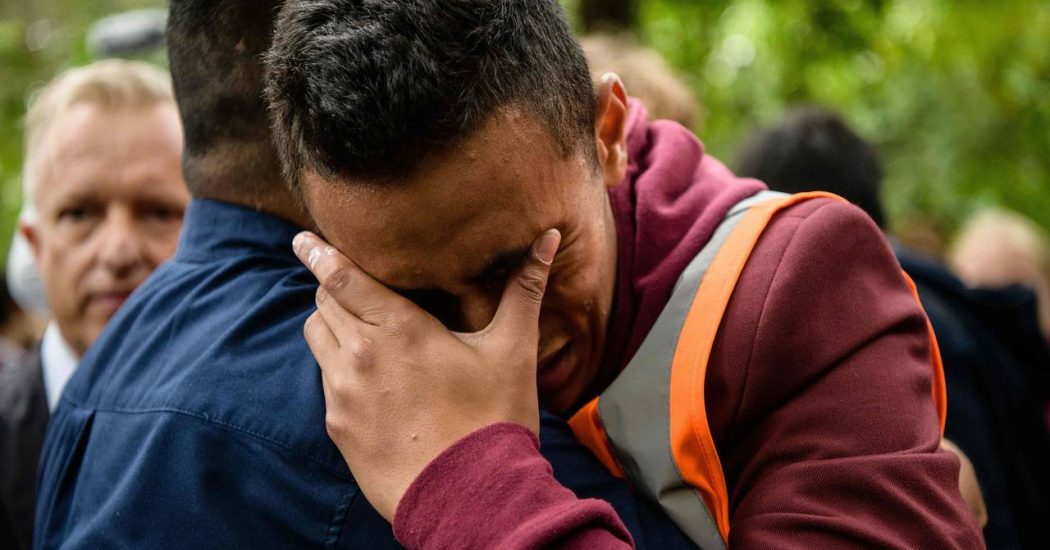“Anger is a gift”
– Malcolm X (attributed)

KJIPUKTUK (Halifax) – The significance of understanding anger as a powerful and essential motivating force is something that activists and rebels of all sorts have long understood. For good reason too. Anger motivates us to demand change, to speak out against those in power who fail to use their power in the interests of the people they claim to serve.
When I first heard of the horrific attack against Muslims in New Zealand, I felt both sadness for innocent lives lost, and deep rage against the racist ideologues, hate mongering pundits, and opportunistic politicians that all did their part to spread Islamophobia and xenophobia just so they could line their pockets and gain a few more votes.
I still feel that anger. I still want the people who promote bigotry and hateful conspiracy theories to reckon with the consequences of their actions. I still want the rich and powerful to be forced to account for how they acquired their undeserved wealth. I want there to be a day of justice for all the exploited, oppressed, and neglected people. For the poisoned air, land, and water. I still want there to be a day when the first come last and the last come first.
But anger alone will not bring us the justice we need in this world. Punching Nazis can be necessary, it but won’t end the systemic racism that fuels white supremacist ideology. Anger can move us to action, but if anger is all we have, we become reactive only.
Solidarity, more than anger, needs to be the fundamental guiding principle for how we fight against injustice. We must seek out our allies based on our common interests and struggles. While we must never ignore differences just to avoid uncomfortable or awkward conversations, we can still find common cause with people affected by the injustices that fuel our rage.
Solidarity demands more than righteous indignation. It requires that we take the time and effort necessary to build the lasting relationships that co-operation and mutual aid depend on. It requires us to put our egos and immediate wants aside, to examine our privileges, and to communicate with each other as equals. In its simplest form solidarity runs against everything the capitalist, individualistic, dog-eat-dog status quo stands for. Which will always make solidarity a more powerful weapon than anger alone.
Rage is a perfectly reasonable reaction in the wake of the white supremacist attacks against innocent worshippers at the two mosques.
But for that rage to translate into something of value, for it be more than just futile aggression, it needs to move us to build stronger connections with Muslim and immigrant communities where we live.
That might mean joining a local anti-racist organization, reaching out to mosques near you to ask what (if any) support they might need at this time, or inviting friends to contact their political representatives and push them to do more to challenge Islamophobia and racism.
Anger is a gift. It is powerful and anyone who fights for a more just and equal world should not shy away from it. However, what we need now is the collective rage of people and communities working together, and who have each other’s backs.
See also: Rana Zaman: We should not be surprised about the Christchurch terror attack
With a special thanks to our generous donors who make publication of the Nova Scotia Advocate possible.
Subscribe to the Nova Scotia Advocate weekly digest and never miss an article again. It’s free!



